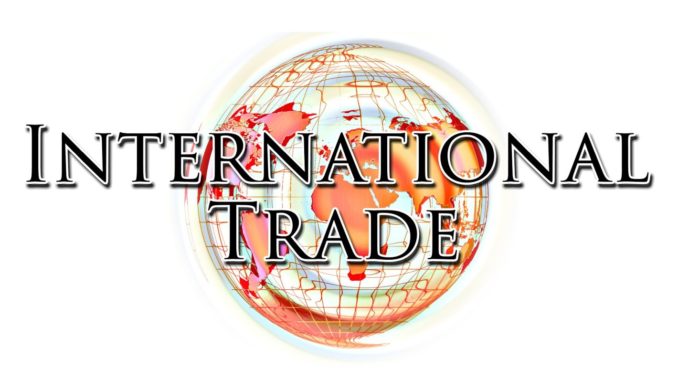
The Trump administration announced a list of items to be subject to 25% tariffs on $16 billion in Chinese goods on Tuesday, bringing the total value of imports facing that particular rate of taxation from the $34 billion imposed July 6 to $50 billion.
The list contains 279 of the original 284 tariff lines that were on a proposed list announced on June 15. Changes to the proposed list were made after USTR and the interagency Section 301 Committee sought and received written comments and testimony during a two-day public hearing last month. Customs and Border Protection will begin to collect the additional duties on the Chinese imports on August 23.
United States Trade Representative
The USTR’s press release for the tariffs highlights the findings released in March 2018 for the Section 301 investigation of China, which revealed the following “unreasonable and discriminatory” practices:
- China uses joint venture requirements, foreign investment restrictions, and administrative review and licensing processes to require or pressure technology transfer from U.S. companies.
- China deprives U.S. companies of the ability to set market-based terms in licensing and other technology-related negotiations.
- China directs and unfairly facilitates the systematic investment in, and acquisition of, U.S. companies and assets to generate large-scale technology transfer.
- China conducts and supports cyber intrusions into U.S. commercial computer networks to gain unauthorized access to commercially valuable business information.
As trade tensions continue to escalate, the US is currently reviewing a further 10% tariff on an additional $200 billion in Chinese goods, and might even raise that rate to 25% as well.
China responded to the move on Wednesday, announcing their own 25% tariffs on $16 billion in American goods. The tariffs would affect 333 different types of American products, including large passenger cars and motorcycles, various fuels, fiber optical cables, coal, grease, Vaseline, asphalt and plastic products, and recyclables.
Why It Matters
Despite the President’s bombastic assertions to the contrary, trade wars are not “easy to win.” In a trade war, nobody wins.
Take for example the Sun Paper mill in Arkadelphia, Arkansas, where China promised 2 years ago to spend over $1 billion and hire hundreds of workers. The project was seen as a much-needed shot in the arm for the local rural economy, but due to concerns involving trade, the project has stalled, prompting Arkansas governor Asa Hutchinson to send his top economic development official to China to try to keep the investment on track. The Washington Post reports that the tariffs would add $150 million to the paper plant’s initial $1.8 billion cost. This slows the investment of other companies into Arkansas as well.
Retaliatory tariffs incurred as a result of President Trump’s trade war have also hurt the state to the tune of $339 million in exports, according to the US Chamber of Commerce.
American states and localities aren’t the only places feeling the effects of slowed investment. Reuters provides a very detailed list of how the dispute has impacted European companies as well, such as BMW, who “started building its X3 model in China, ending its imports from the company’s plant in Spartanburg, South Carolina, and raised prices on the X5 and X6 models to compensate for the tariffs.”
And it can’t be repeated enough that many of the retaliatory tariffs imposed on the US affect products made in swing states, which spells trouble for a party whose popularity is already showing signs of slipping.
But despite all this, China’s exports grew 12.2% since last year, up from an 11.2% gain in June and topping forecasts of 10% for July.
“Easy to win” indeed.

1 Trackback / Pingback
Comments are closed.